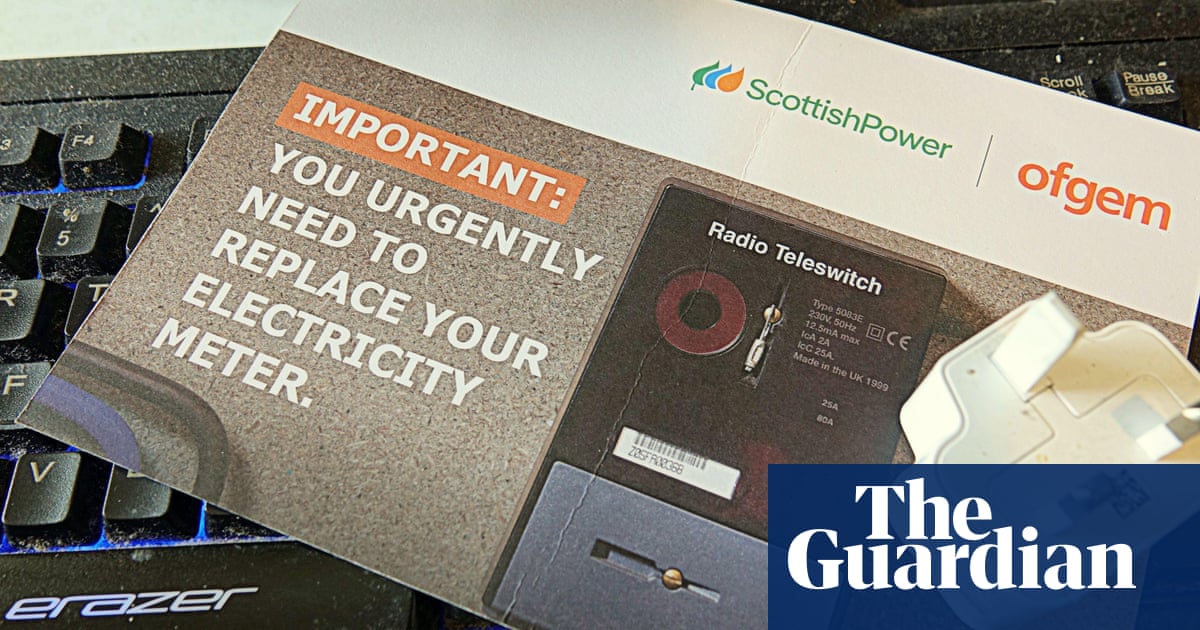The article addresses concerns regarding the transition away from Radio Teleswitch Service (RTS) meters as the deadline approaches for their decommissioning. It highlights the challenges faced by consumers in securing timely replacements and the implications this has for their electricity supply. The situation reflects broader issues in utility management and customer service within the energy sector.
Consumer Anxiety and Service Issues
The narrative primarily focuses on the anxiety of consumers who are at risk of losing their electricity supply due to unfulfilled meter replacement schedules. The mentions of unsuccessful attempts to book appointments and the lack of available slots create a sense of urgency and frustration. This highlights a significant lapse in service by energy providers, raising questions about their preparedness for the transition. It is evident that the article aims to publicize these frustrations to encourage accountability from the utility companies involved.
Regulatory Oversight
The article notes the involvement of the utilities regulator, Ofgem, which is overseeing the phased shutdown of RTS meters. This adds a layer of complexity to the situation, as regulatory bodies are expected to ensure consumer protection during such transitions. However, the effectiveness of these measures remains in question, especially given the reported difficulties consumers are facing. The mention of Ofgem's scrutiny may serve to reassure the public that action is being taken, though it also underscores the potential for systemic failures if these plans are not implemented effectively.
Public Sentiment and Trust
There is a palpable sense of distrust towards energy providers, as evidenced by the accounts shared by consumers. The repeated failures of these companies to fulfill their obligations may lead to a broader erosion of trust in the sector. The article could be seen as a call to action for consumers to demand better service and accountability from their utility providers, potentially mobilizing public sentiment against companies like EDF and ScottishPower.
Potential Consequences
Should the issues with the RTS meter replacements continue unaddressed, there could be significant repercussions for both consumers and the energy sector at large. Households without the necessary meter replacements could face electricity cuts, leading to broader social and economic implications. This scenario could provoke public outcry and may influence regulatory changes or reforms in how utility companies operate.
Target Audience
The article appears to resonate particularly with individuals who are directly affected by the transition away from RTS meters, especially those relying on electric heating and hot water systems. The emphasis on personal accounts suggests an effort to engage readers who may be experiencing similar challenges, fostering a sense of community and shared concern.
Market Impact
This situation could have implications for energy companies' stock performances, particularly for those like EDF and ScottishPower, as consumer confidence wanes. Investors may react to negative press surrounding customer service failures, potentially impacting share prices. Furthermore, as the energy sector grapples with these operational challenges, it may influence broader market trends in utilities.
Geopolitical Context
While the article does not delve into international implications, it reflects ongoing challenges within the energy sector that are relevant in the context of global energy transitions. The management of utility services is crucial as countries navigate shifts towards sustainable energy sources, making the efficiency and reliability of current systems even more pressing.
Artificial Intelligence Influence
The article’s structured presentation and clarity suggest that it may have been refined with the assistance of AI tools, which can enhance readability and coherence. However, there is no indication that AI has altered the fundamental message or intent of the article. The focus remains on highlighting consumer issues and the performance of utility companies.
The reliability of this article seems sound, as it presents verifiable accounts from consumers and includes statements from regulatory agencies. However, the potential for bias exists, particularly if the narrative is intended to provoke a specific response from readers or stakeholders in the energy sector. Overall, the concerns raised indicate a genuine issue that merits attention and action.
